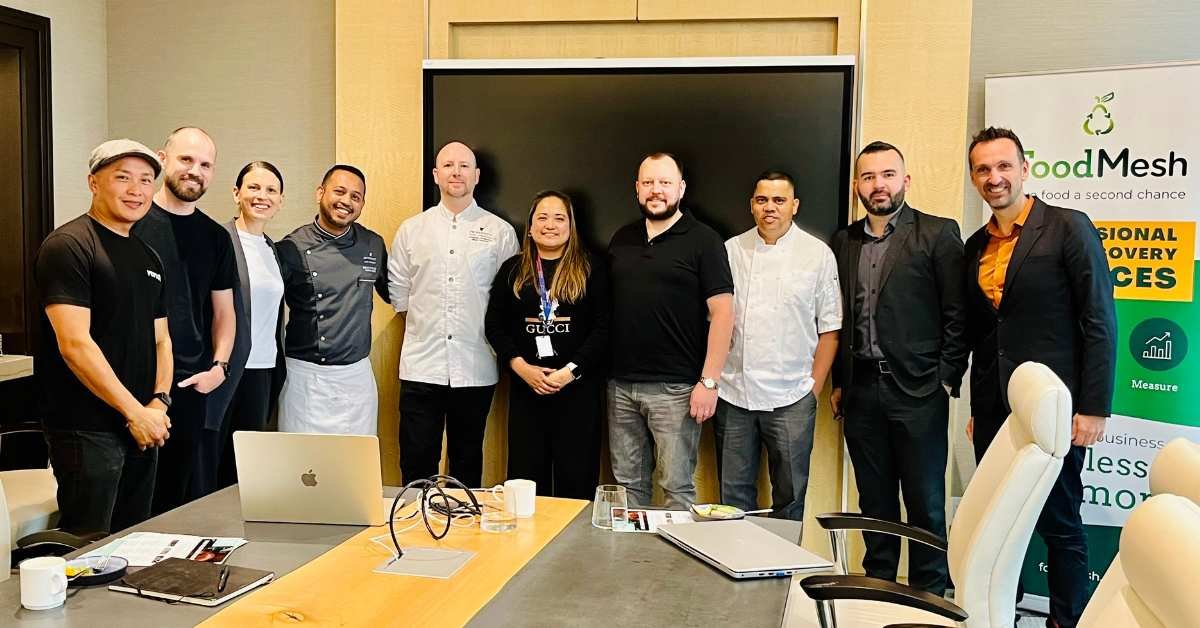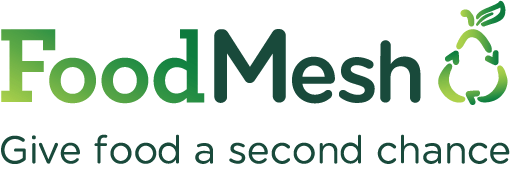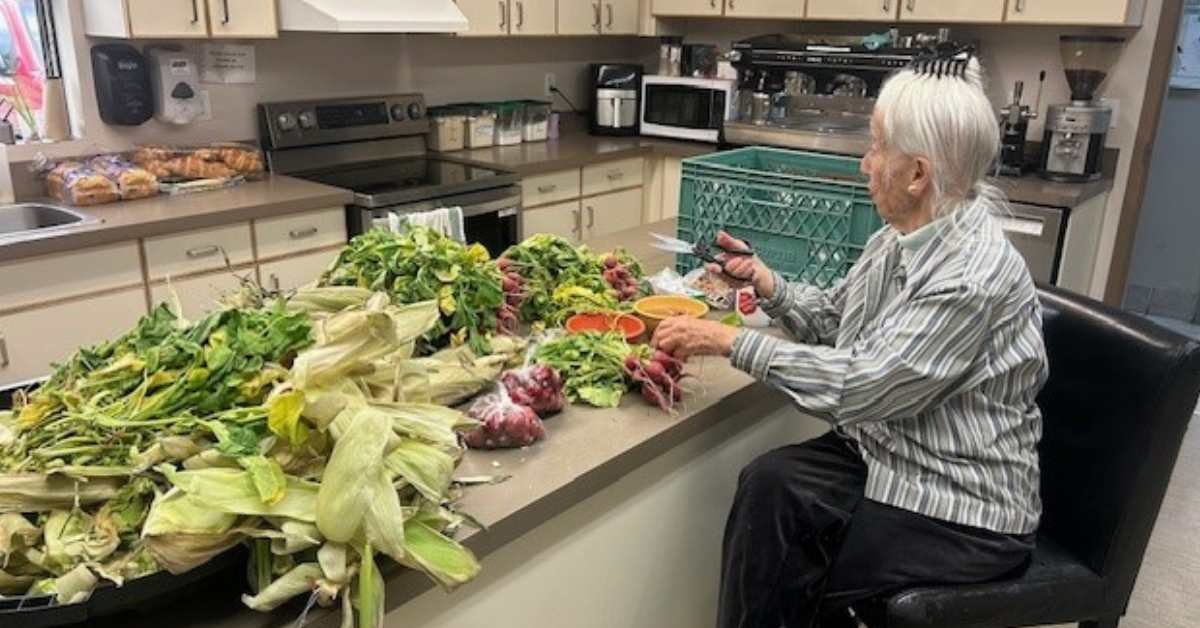
03 Sep Reducing food waste in Metro Vancouver’s hospitality industry: 7 practical steps from local leaders
In a proactive move to tackle food waste in the hospitality industry, JW Marriott Parq Vancouver, in partnership with Vancouver Food Runners and FoodMesh, recently hosted a hands-on workshop that brought together chefs, stewards, and sustainability advocates. The event focused on sharing practical strategies, offering attendees valuable insights and actionable tips to help minimize food waste in the hotel industry in Metro Vancouver.

Event highlights
The event featured a presentation by the brilliant Vancouver Food Runners – a key member of FoodMesh’s Metro Vancouver Food Recovery Network – who showcased their role in transforming surplus food into a valuable resource for local charities. Their app, which connects volunteers with food rescue opportunities, has been pivotal in increasing the efficiency of food recovery efforts by JW Marriott Parq and other local food businesses. The organization has seen a 40% growth in the amount of food rescued over the past year alone, illustrating the growing demand for food rescue in the region.
Another key moment was JW Marriott’s discussion of their involvement in the Circular Food Innovation Lab, an initiative led by the City of Vancouver and Emily Carr University. By mapping the flow of food within their hotel and identifying points of waste, JW Marriott has made significant strides in reducing their food waste by 20%. Their comprehensive approach, which includes the establishment of a donation impact board and weekly inventory reviews, offers a replicable model for other businesses.
The event also spotlighted innovative uses of technology, with the Vancouver Convention Centre and Fairmont Vancouver Airport sharing their success with Orbisk plate scanners. These devices allow for precise tracking of leftover food, enabling data-driven decisions that reduce waste and inform future planning.

Practical tips for reducing food waste
For businesses seeking actionable strategies to reduce their food waste, here are seven practical tips that were discussed during the event:
- Partner with food rescue organizations: Collaborate with groups like Vancouver Food Runners and FoodMesh to ensure that surplus food is effectively redistributed to those in need. These partnerships can also provide staff with a greater sense of purpose in their work.
- Streamline waste disposal: Consolidate compost bins in kitchens to encourage more mindful waste disposal. JW Marriott, for example, reduced the number of compost bins and found that staff adapted well to the change, resulting in smoother operations.
- Appoint a food recovery champion: Designate a dedicated staff member to lead food recovery efforts. This person should be responsible for implementing systems, educating colleagues, and ensuring the initiative’s success.
- Engage and educate staff: Regular training and engagement are essential to maintaining focus on waste reduction. Emphasizing the importance of reducing waste to young cooks, in particular, helps instill sustainable practices early in their careers.
- Conduct regular inventory reviews: Weekly inventory checks can help identify surplus items and create plans to use them before they go to waste. This proactive approach prevents unnecessary disposal and optimizes resource use.
- Adjust menus based on demand: Simple changes, such as offering bread only upon request at buffets, can significantly reduce food waste without affecting customer satisfaction.
- Leverage technology: Implement tools like Orbisk plate scanners to track and analyze food waste. By understanding where waste occurs, businesses can refine their processes and reduce unnecessary disposal.

This event demonstrated that reducing food waste in Metro Vancouver’s hospitality industry is not just possible—it’s happening. The practical strategies shared by the workshop participants offer a clear path forward for businesses looking to make a difference. Now is the time for other businesses to step up and implement these proven methods to play a vital role in driving the movement toward a more sustainable, waste-free future. Take action today—start by integrating these tips into your operations and join the growing effort to cut food waste across Metro Vancouver.

Start reducing your organic waste today
Contact us to discuss how FoodMesh can help you reduce your food waste footprint. Whether your surplus food is edible or inedible, we will find an organization to put that food to good use, quickly, easily and safely.
Written by Megan Czerpak, Head of Communications at FoodMesh
Related stories
How Save-On-Foods surpassed its food waste reduction goals and set a new standard for sustainability in the grocery industry
And supports over 3,000 hunger-relief organizations and hobby farmers in the process.
Over 210,000 kg of food waste saved from North Okanagan landfills
FoodMesh is building a food recovery network in the North Okanagan, in an effort to reduce food waste in the region. Castanet reports.
Salvation Army Vernon offers a house of hope for North Okanagan residents
Find out how this extraordinary charity turns rescued food into connections and support for its clientele
How Save-On-Foods is helping North Vancouver farm animals live long and healthy lives
Maplewood Farm's 76 animals now get to enjoy fresh produce from its local Save-On-Foods, thanks to this new partnership






